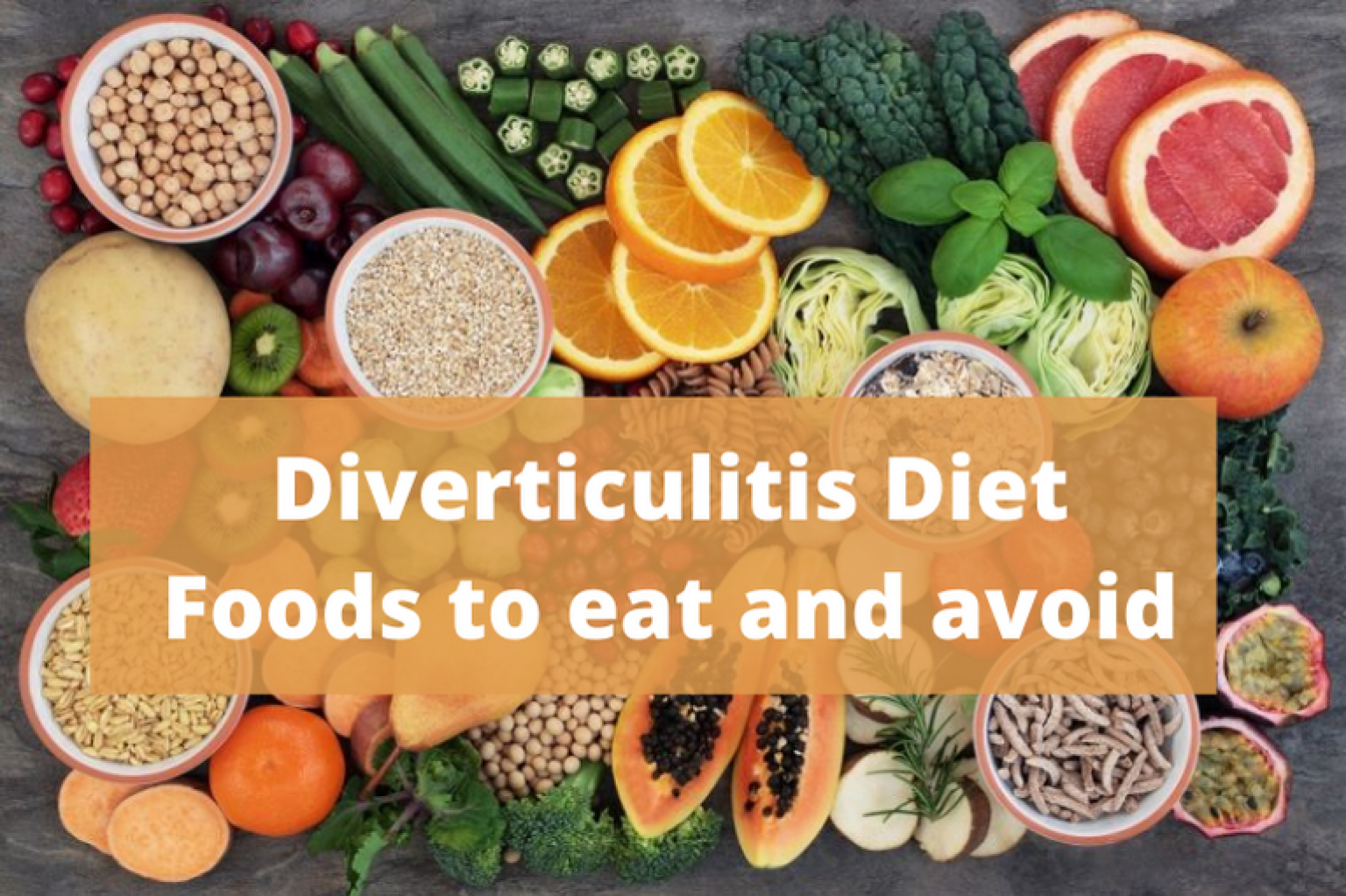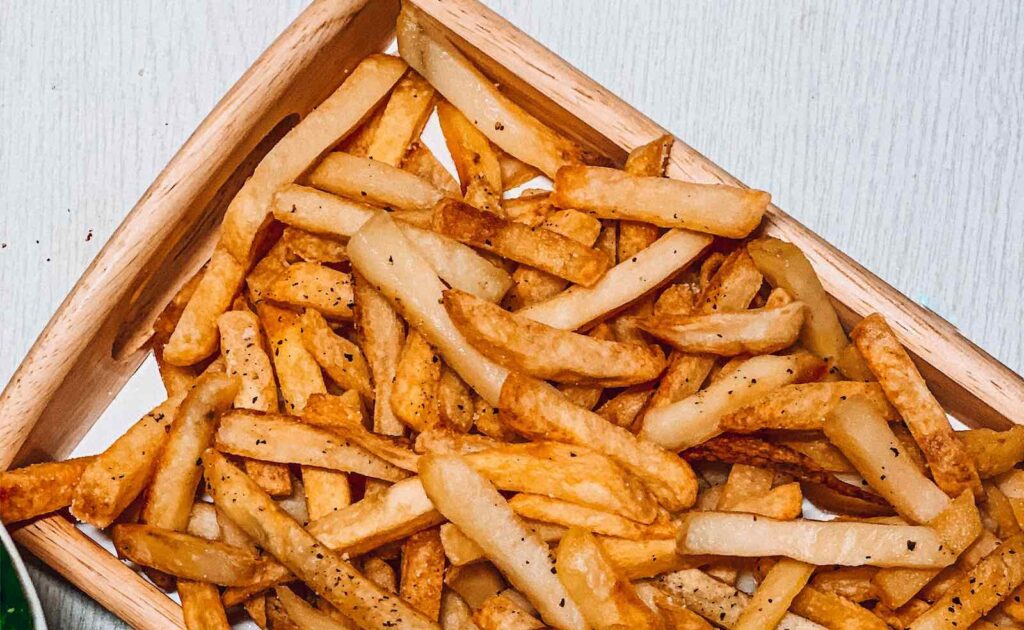can you eat fried food with diverticulitis Diverticulitis nutritionist raspberries
Foods You Can’t Eat If You Have Diverticulitis
 When it comes to Diverticulitis, it’s crucial to avoid certain foods that may trigger the condition or worsen its symptoms. These include:
When it comes to Diverticulitis, it’s crucial to avoid certain foods that may trigger the condition or worsen its symptoms. These include:
- Seeds and nuts: Foods like sunflower seeds, sesame seeds, and peanuts can irritate the diverticula, leading to inflammation and discomfort.
- Popcorn: Although it’s a beloved snack, the hard kernels can get stuck in the diverticula, potentially causing infection.
- Spicy foods: Hot sauces, chili peppers, and other spicy delights can irritate the digestive system and exacerbate symptoms.
- High-fat foods: Greasy and fatty meals can be difficult to digest and may contribute to inflammation.
- Red meat: Processed or fatty red meats can be tough on the digestive system, making it harder for your body to heal.
- Refined grains: White bread, white rice, and other refined grains lack fiber, which is crucial for digestive health.
- Alcohol and caffeine: Both substances can irritate the intestines and increase the risk of diverticulitis flare-ups.
Now that you know what to avoid, let’s shift our focus to the foods that are not only safe but also beneficial for individuals with Diverticulitis.
Diverticulitis Diet - Foods to Eat
 Here’s a list of Diverticulitis-friendly foods that you can include in your diet:
Here’s a list of Diverticulitis-friendly foods that you can include in your diet:
- Fiber-rich fruits and vegetables: Apples, berries, spinach, broccoli, and peas are excellent choices as they promote healthy digestion.
- Legumes: Lentils, chickpeas, and kidney beans provide fiber and protein, making them a great addition to your meals.
- Whole grains: Opt for whole-wheat bread, brown rice, quinoa, and oatmeal to increase your fiber intake.
- Lean proteins: Skinless poultry, fish, and tofu are easier to digest compared to heavy meats. They also provide essential nutrients.
- Low-fat dairy: Milk, yogurt, and cheese (in moderation) can be included in your diet to ensure adequate calcium intake.
- Healthy fats: Foods like avocados, olive oil, and nuts (without shells) contain healthy fats that support overall well-being.
- Plenty of fluids: Staying hydrated is essential for maintaining digestive health. Water, herbal teas, and clear broths are excellent choices.
Remember, always consult with your healthcare professional or a registered dietitian before making significant changes to your diet. They can provide personalized guidance based on your specific needs.
In conclusion, managing Diverticulitis can be challenging, but with the right knowledge and food choices, you can make a positive impact on your well-being. Stay mindful of what you eat, prioritize fiber-rich options, and enjoy a healthy, balanced diet.
Diverticulitis Diet - Food To Eat And Avoid With Diverticulitis
 fitlifeplus.comdiverticulitis diet
fitlifeplus.comdiverticulitis diet
What To Eat On A Diverticulitis Diet According To A Nutritionist
 www.pinterest.comdiverticulitis nutritionist raspberries
www.pinterest.comdiverticulitis nutritionist raspberries
Diverticulitis Diet: 10 Foods To Avoid - Foodzie
 foodzie.comdiverticulitis avoid foods
foodzie.comdiverticulitis avoid foods
10 Foods That Can Worsen Diverticulitis (and 10 Foods That Help) In
 www.pinterest.comdiverticulitis worsen diverticulosis powerofpositivity
www.pinterest.comdiverticulitis worsen diverticulosis powerofpositivity
Foods You Can’t Eat If You Have Divertculitits | Diverticulitis Diet
 www.pinterest.comdiverticulitis 2bstronger livestrong
www.pinterest.comdiverticulitis 2bstronger livestrong
Diverticulitis diet: 10 foods to avoid. 10 foods that can worsen diverticulitis (and 10 foods that help) in. Diverticulitis 2bstronger livestrong